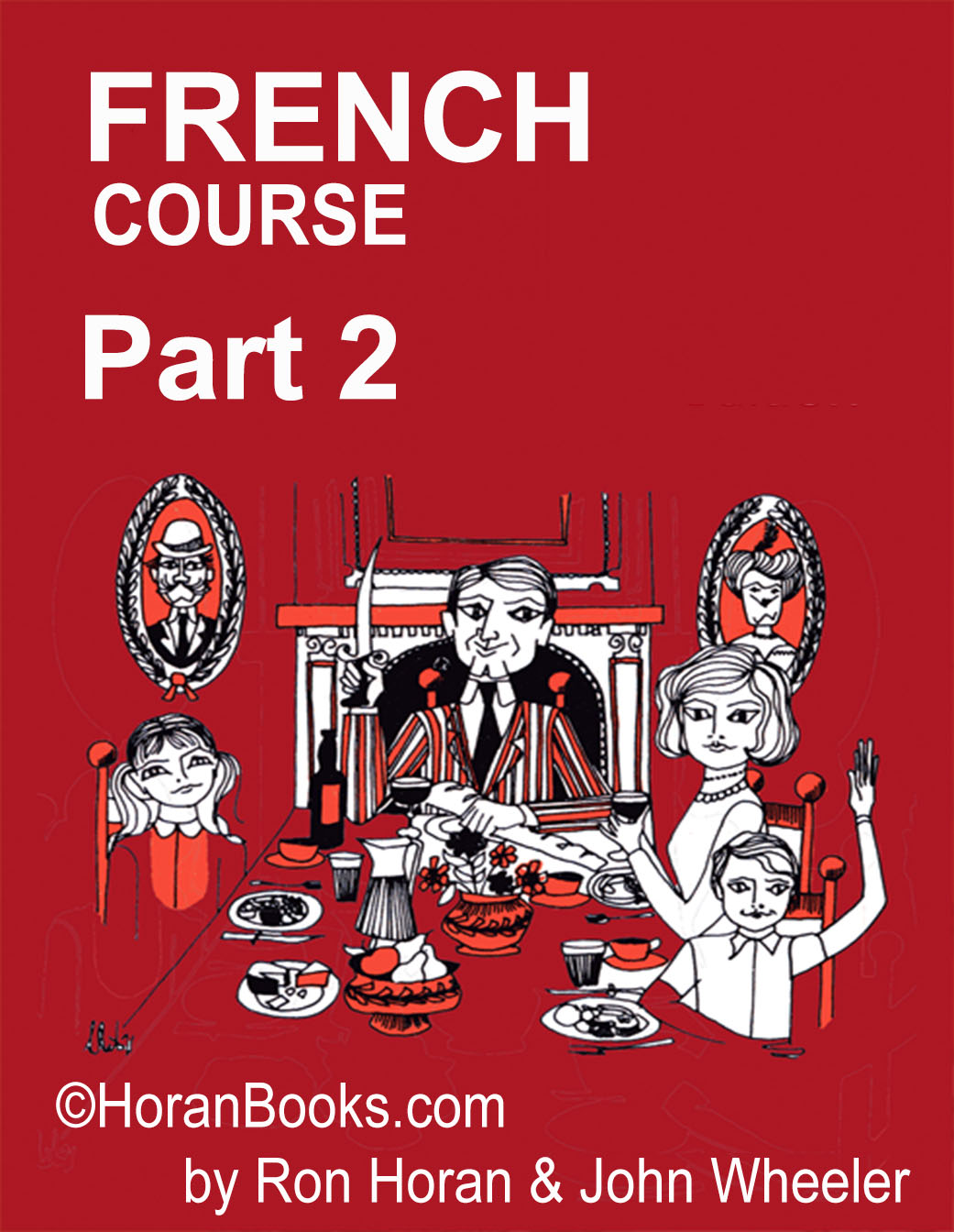Description
French Course Part 2 Horan & Wheeler – ©2020 – 2025
NB: Available NOW in these formats – Kindle eBook and Print on demand Paperback & HardCover.
This book. which follows French Course Part 1, continues a program in French based on an aural-oral approach. The material and exercises all lend themselves to oral treatment in the classroom and similarly in the language laboratory.
Like those of the first book, the lessons contain reading passages illustrating grammatical constructions, oral drill exercises, dictees, exercices de prononciation, questionnaire and expressions for classroom and every day use. To develop the ability of students to express their own ideas in French, simple exercises in controlled composition have been included. A number of simple dialogues based on varied topics afford practice in common speech patterns.
Every effort has been made to avoid overloading students with too much new grammar. Each new point is dti lied in varied forms, ensuring a growing confidence in its use.
Language patterns introduced in Part I are constantly revised. With respect to verb tenses, only the Future and Perfect have been introduced, because it was considered that these, along with the Present and the futllr proche, were the tenses that students need most, at this stage, in a course centred on an oral approach. The vocabulary introduced in tbe book has been carefully selected, attention having been paid in particular Lo the official basic list of the Commission du Français elementaire.
We would like to express our thanks to Monsieur M. Chicoteau. Senior Lecturer in French in the University of Queensland, and to Dr E. Goldstein, for valuable assistance in the preparation of the book,
R. S. HORAN
J .R. WHEELER
- French Course Part 1
- French Course Part 2
- French Course Part 3
- French Course Part 4
- French Course Part 5
- French Course Part 6 – A French Vocabulary
- Senior French Part 1
- Senior French Part 2
Sea the rest of French Course Books:
See our Pet Care Books & Courses




